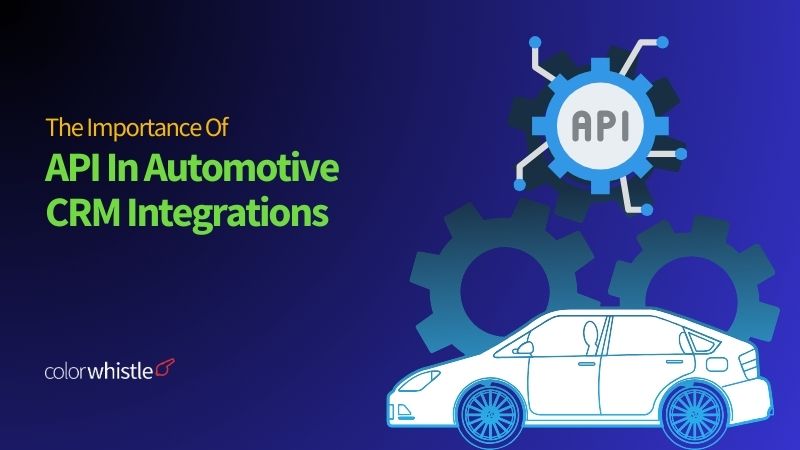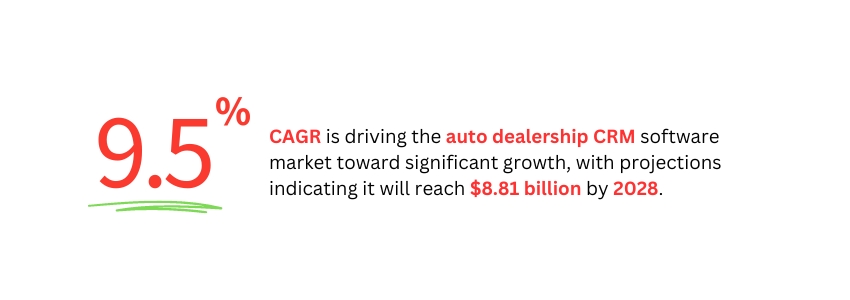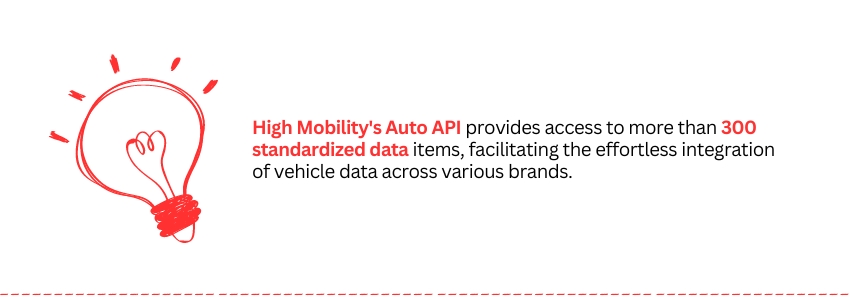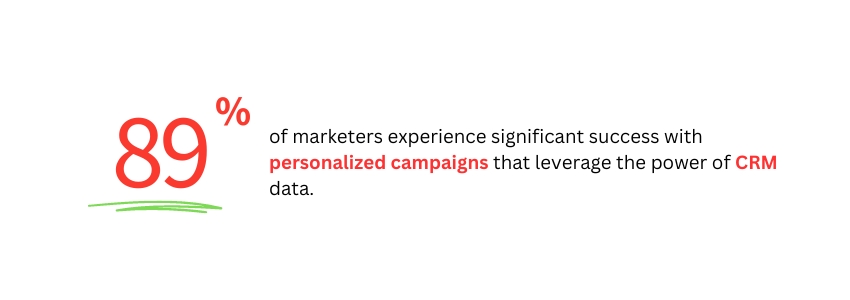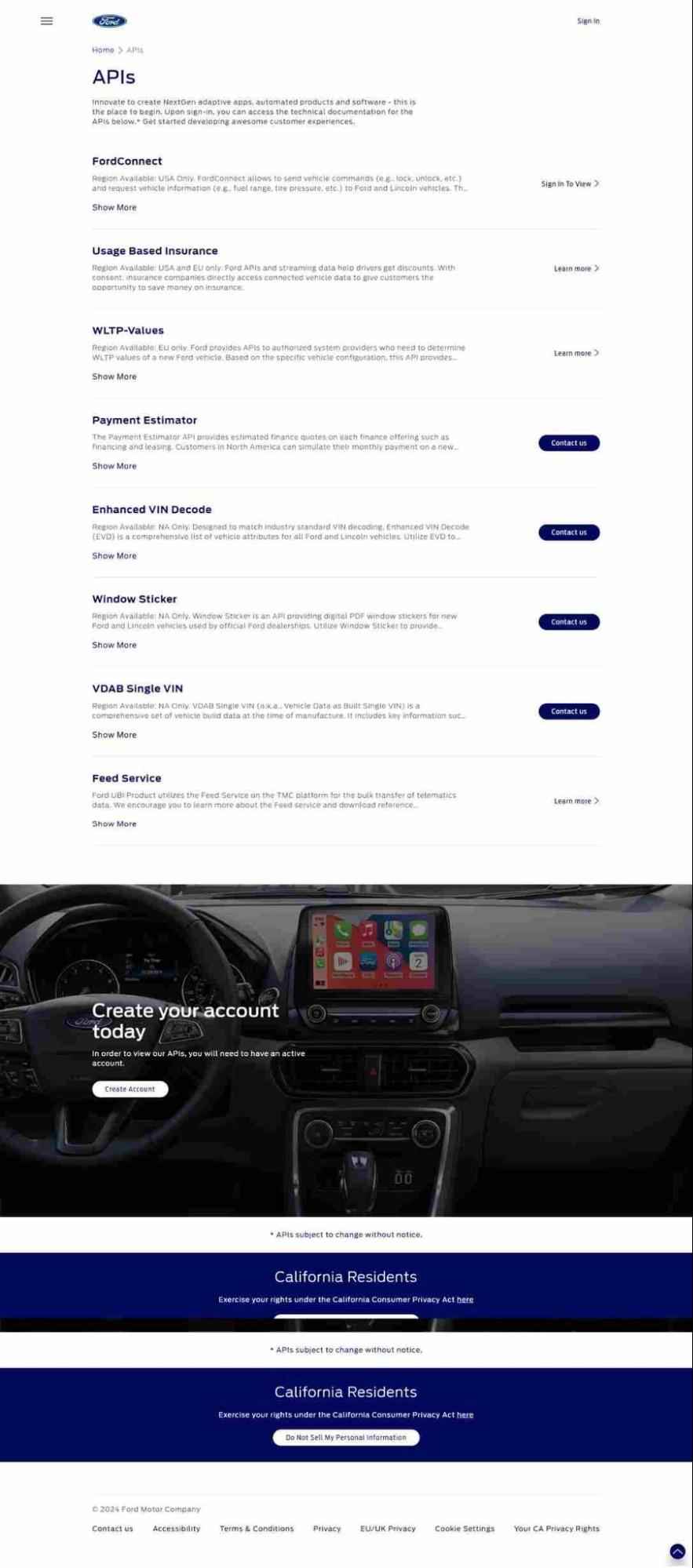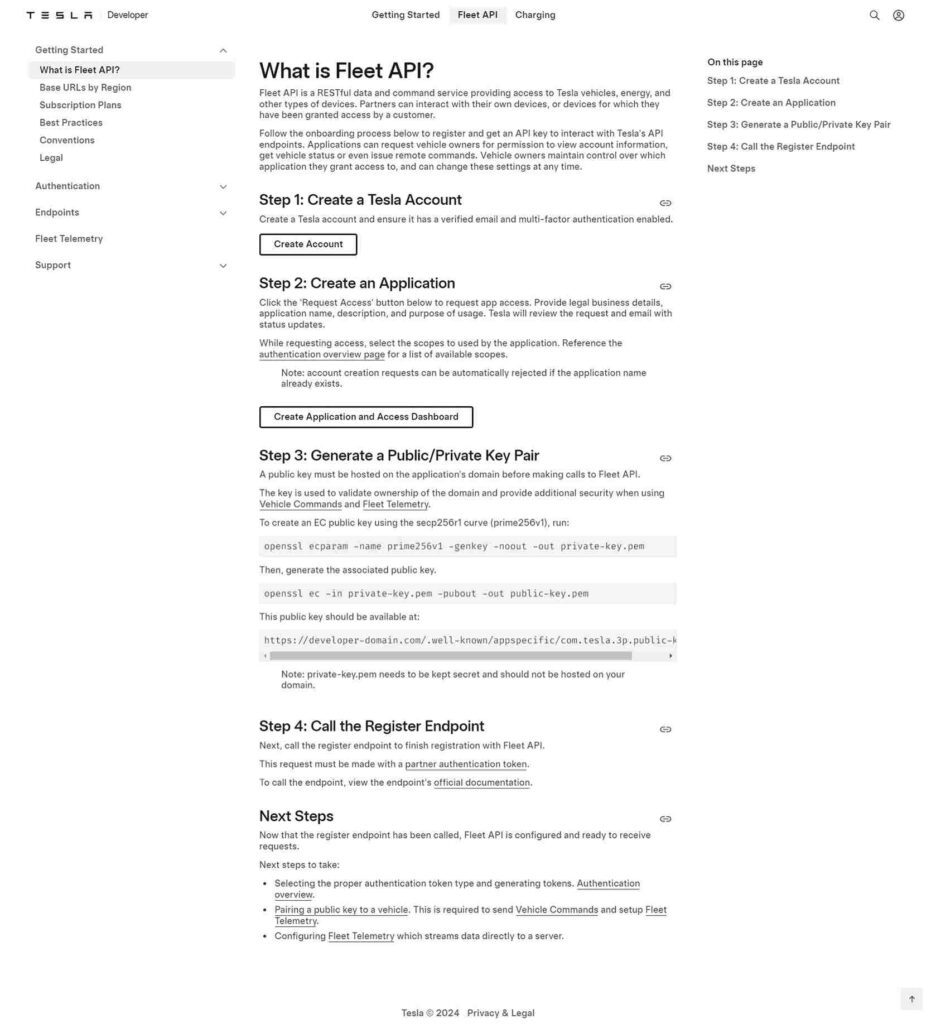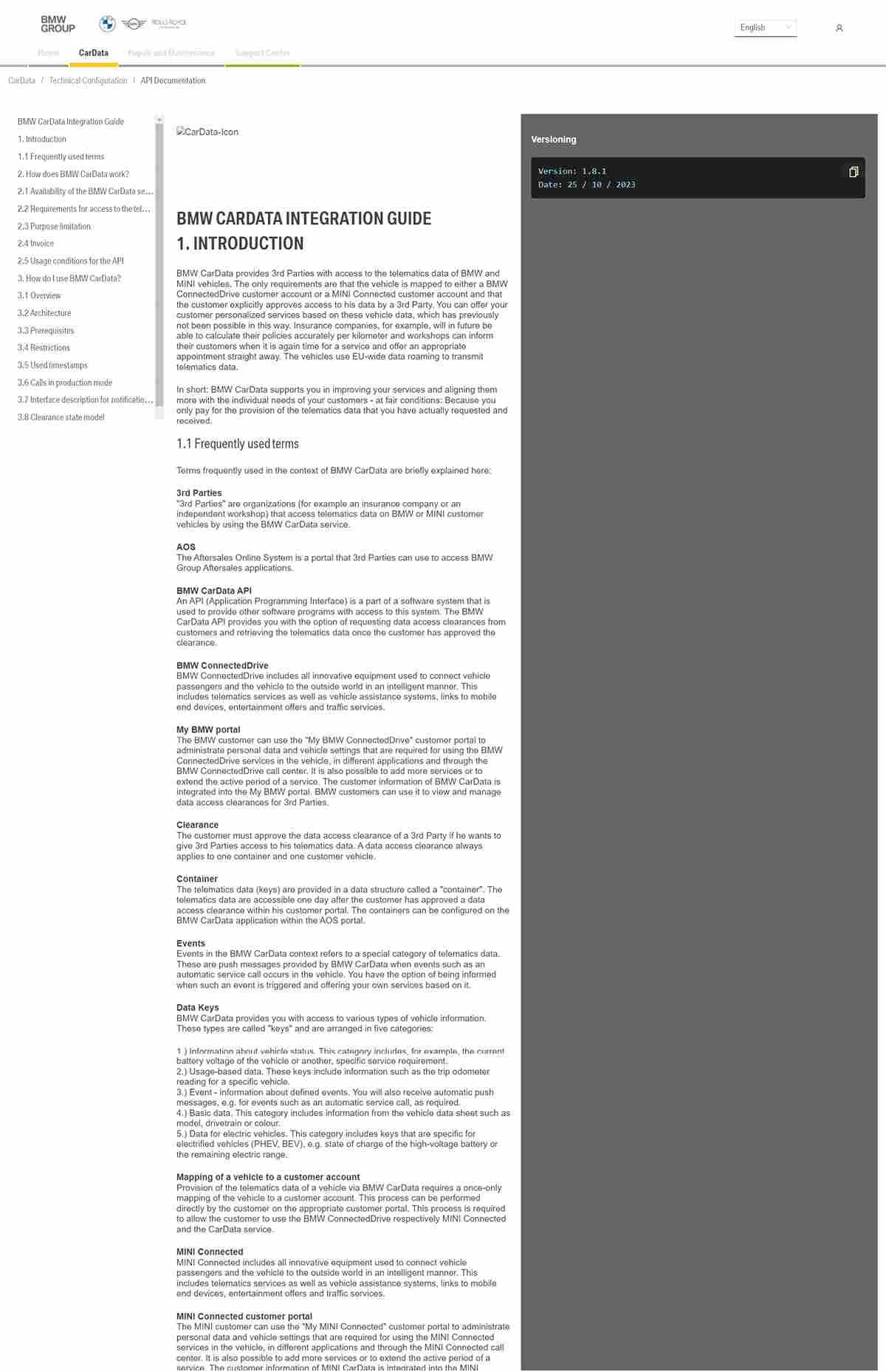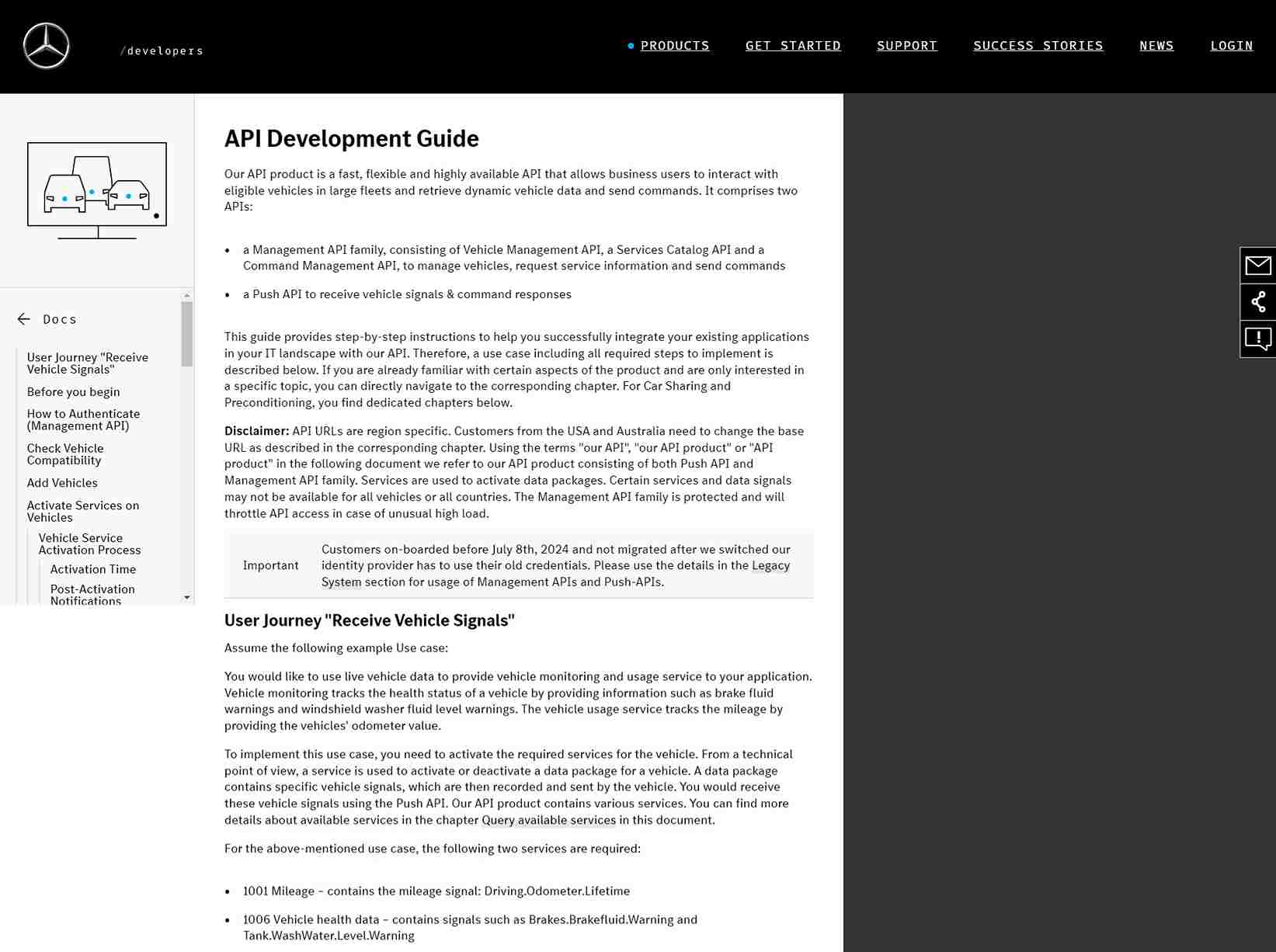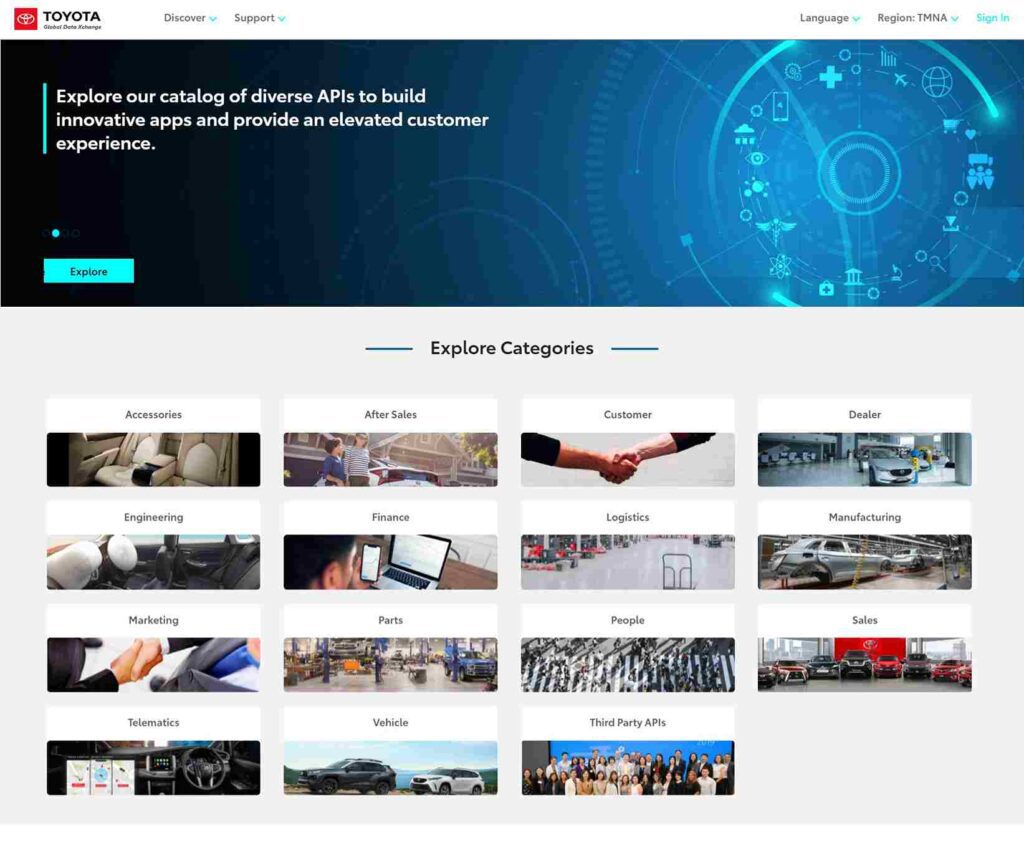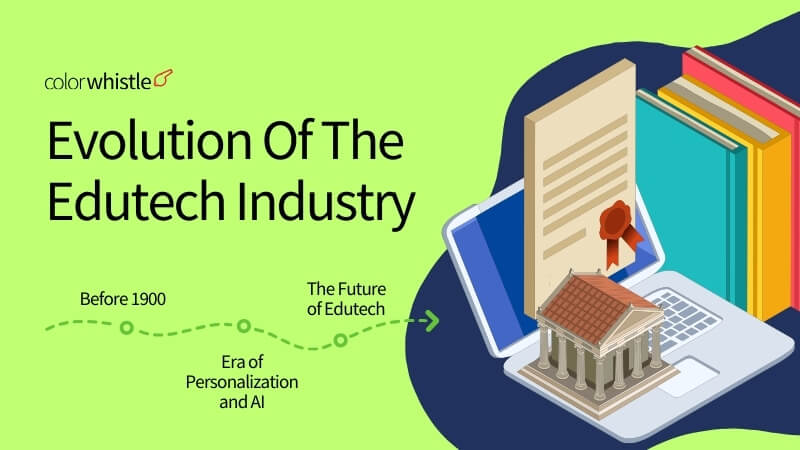APIs, or Application Programming Interfaces, are indispensable in the landscape of automotive Customer Relationship Management (CRM) integrations, facilitating a seamless flow of data and enhancing overall operational efficiency. In an industry where data silos can impede effective decision-making and customer relations, APIs provide the necessary framework for integrating diverse systems, empowering dealerships to leverage their data to its fullest potential.
Additionally, API development services play a vital role in the creation of customized solutions that cater to distinct business demands, allowing dealerships to link their systems and refine their CRM capabilities proficiently.
This blog explores the importance of API in automotive CRM integrations, emphasizing their advantages, and challenges.
What is Automotive CRM?
Automotive Customer Relationship Management (CRM) is a software application tailored for car dealerships and automotive businesses to effectively manage customer service, sales, and marketing strategies. This sophisticated platform provides an array of tools for lead management, customer segmentation, seamless inventory integration, marketing endeavors automation, sales process refinement, scheduling services, and insightful analytics reporting, enhancing operational efficiency and propelling business expansion.
Understanding APIs in Automotive CRM
In the automotive industry, APIs are essential, particularly in the context of CRM systems, as they optimize workflows and elevate customer interactions. They aggregate customer details, vehicle specifications, and service histories, while also delivering connected services like remote vehicle management and customized marketing strategies. Furthermore, APIs streamline sales operations, handle vehicle data, and allow for the implementation of usage-based insurance models. However, the growing integration of APIs raises significant security issues, prompting automotive companies to focus on API security measures to defend against potential vulnerabilities and ensure the safety of vehicles.
Importance Of API In Automotive CRM Integrations
1) Seamless Data Integration
- APIs facilitate the integration of various systems within automotive dealerships.
- They allow for connecting Customer Relationship Management (CRM) systems with applications such as dealership management systems (DMS), marketing solutions, and communication tools.
- This integration promotes a seamless flow of data across platforms, eliminating data silos.
- A comprehensive view of customer interactions and preferences is achieved through this interconnectedness.
- For instance, linking CRM with e-commerce platforms enhances transaction optimization and customer experience by enabling real-time monitoring of purchases and preferences.
2) Streamlining Customer Interactions
- APIs are essential for enhancing customer interactions in the automotive sector by linking various customer-facing systems to CRM.
- The integration of APIs enables service teams to provide personalized experiences, leading to increased customer satisfaction and loyalty.
- APIs facilitate the incorporation of communication tools such as email, SMS, and social media with CRM systems.
- Documenting and accessing all customer interactions becomes streamlined through API integration.
- A comprehensive view of customer interactions allows sales and service teams to tailor their engagements to meet individual customer needs, resulting in more impactful interactions.
3) Personalized Marketing Strategies
- Automotive companies can improve marketing strategies through integrated systems.
- APIs facilitate the collection and analysis of customer data.
- Dealerships can segment their target audience effectively.
- Tailored marketing messages can be developed to meet customer needs.
- Strategic targeting leads to enhanced conversion rates.
- Greater customer satisfaction is achieved through personalized marketing efforts.
4) Facilitating Omnichannel Experiences
- Sophisticated clientele expect a flawless experience across all engagement channels, including online, in-person, and mobile applications.
- APIs are essential for creating omnichannel experiences, and facilitating the integration of customer interactions with advanced CRM systems.
- Advanced CRM systems maintain consistent and up-to-date customer data across all platforms.
- Seamless integration enables customers to start their journey online and continue it in-store without needing to re-enter information.
- Utilizing APIs within CRM enhances the customer experience, increasing the likelihood of conversion through a streamlined and effortless process.
5) Enhancing Scalability and Flexibility
- Automotive businesses regularly update software requirements to adapt to changing conditions.
- APIs are crucial for providing scalability and flexibility in software integration.
- They facilitate the seamless integration of new software solutions into existing CRM systems, preventing operational disruptions.
- APIs enable customization of CRM systems to meet specific business needs, such as loyalty programs and financing tools.
- This adaptability of CRM systems supports dynamic business requirements and enhances data exchange and synchronization.
Top 5 Automotive Brands With The Best API In Automotive CRM Integrations
Ford: The API integrations offered by Ford are distinguished by their flexibility and scalability, enabling the integration of various CRM systems with Ford’s broad digital ecosystem. This ecosystem features connected vehicles, customer portals, and dealership management systems, all focused on ensuring a unified customer experience.
Tesla: Tesla has launched its Fleet API, a RESTful service designed for data management and command execution in fleet operations. This API allows third-party developers to engage with Tesla vehicles and energy systems, to enhance efficiency, safety, and overall operational performance. Notable features encompass data accessibility, customization options, and extensive documentation.
BMW: BMW’s customer relationship management (CRM) integrations leverage powerful application programming interfaces (APIs) to link automotive technology with customer service platforms, facilitating tailored experiences and effective management of vehicle data. The technical documentation provides details on third-party access to BMW’s data, encompassing aspects such as authentication, endpoints, data formats, and API requests, enabling developers to incorporate BMW’s vehicle information into their applications or services.
Also Read
Mercedes Benz: Mercedes-Benz utilizes sophisticated APIs to connect its Customer Relationship Management system with digital services, facilitating real-time data synchronization among vehicle systems, dealerships, and customer support. This integration significantly improves operational efficiency and enhances customer satisfaction.
Toyota: Toyota has demonstrated exceptional proficiency in API-driven CRM integrations, delivering a holistic platform that unifies sales, service, and customer communication tools. This ensures a fluid and consistent customer journey throughout every touchpoint.
Benefits of API Integration in Automotive CRM
Incorporating API integration into automotive CRM systems presents several benefits that significantly boost operational efficiency, strengthen customer engagement, and optimize data management. Below are the essential advantages.
Enhanced Data Accessibility and Control
API integration facilitates improved data accessibility for automotive dealerships by consolidating information from diverse systems that manage customer interactions, inventory, sales, and service records. This integration empowers dealerships to make informed decisions based on thorough insights into customer behavior and preferences.
Automation of Marketing and Sales Processes
APIs facilitate the automation of marketing and sales processes, including lead generation, customer segmentation, and campaign management. This automation minimizes manual labor and enhances marketing strategies. Furthermore, by integrating with email marketing platforms, organizations can optimize their outreach initiatives and monitor the effectiveness of their campaigns.
Enhanced Customer Experience
The integration of APIs within automotive companies significantly improves the customer experience by linking Customer Relationship Management systems with communication platforms such as WhatsApp or Slack. This connection ensures that all interactions are systematically tracked and managed, facilitating more effective follow-ups and personalized communication, which are essential for fostering strong customer relationships.
Improved Customer Engagement and Retention
APIs facilitate automotive companies in utilizing customer engagement tools such as surveys and feedback systems. This approach improves customer loyalty, promotes upselling, and encourages repeat sales through targeted engagement strategies, ultimately leading to increased customer satisfaction.
Operational Efficiency and Cost Savings
API integration enhances operational efficiency by automating various processes and improving data accuracy. This reduces the time spent on manual data entry, enabling staff to concentrate on customer service and sales, ultimately resulting in cost savings and increased profitability.
Real-Time Data Access
APIs enable automotive businesses to swiftly address customer inquiries and adapt to market fluctuations by offering instantaneous access to essential data, including vehicle availability. This capability allows sales teams to deliver precise information and successfully finalize transactions.
Challenges of API Integration in Automotive CRM
The integration of APIs within automotive CRM systems poses various challenges that may impede the overall effectiveness of these integrations. The following are some critical challenges highlighted in the search results.
- Limited CRM Expertise: Developers often find it challenging to fully comprehend CRM systems, leading to prolonged and resource-demanding API integration efforts.
- System Incompatibility: Various CRM platforms utilize different data formats and communication protocols, which complicates data transfer and necessitates significant normalization efforts.
- Outdated Systems and Data Isolation: Merging legacy systems with contemporary CRM solutions can result in data duplication, manual data entry, and reduced operational efficiency.
- Expanding CRM Options: The growing array of CRM software complicates the integration landscape, resulting in higher costs and longer timelines for development and maintenance.
- Security and Compliance Issues: The integration of APIs introduces potential security and privacy challenges, particularly when handling sensitive customer data.
APIs: Your CRM’s Pit Crew for a Smooth Ride
The integration of APIs within automotive CRM systems is essential for dealerships aiming to thrive in a competitive landscape. This integration not only improves customer experiences but also optimizes operational processes and supports data-informed decision-making.
In addition, API development companies are vital for supporting these integrations, ensuring that systems are specifically designed to address the distinct needs of the dealership. As the automotive sector continues to advance, adopting API integrations will enable the realization of the complete capabilities of interconnected automotive ecosystems. APIs promote smooth data interchange, boost operational effectiveness, and elevate customer interaction, thereby becoming increasingly vital in determining the future trajectory of the automotive industry.
From seamless API development services to flawless system integrations, ColorWhistle offers a comprehensive array of digital solutions to meet your needs. Contact us at +1 (919) 234-5140 to begin working together towards accomplishing your business objectives.
What’s Next?
Now that you’ve had the chance to explore our blog, it’s time to take the next step and see what opportunities await!

